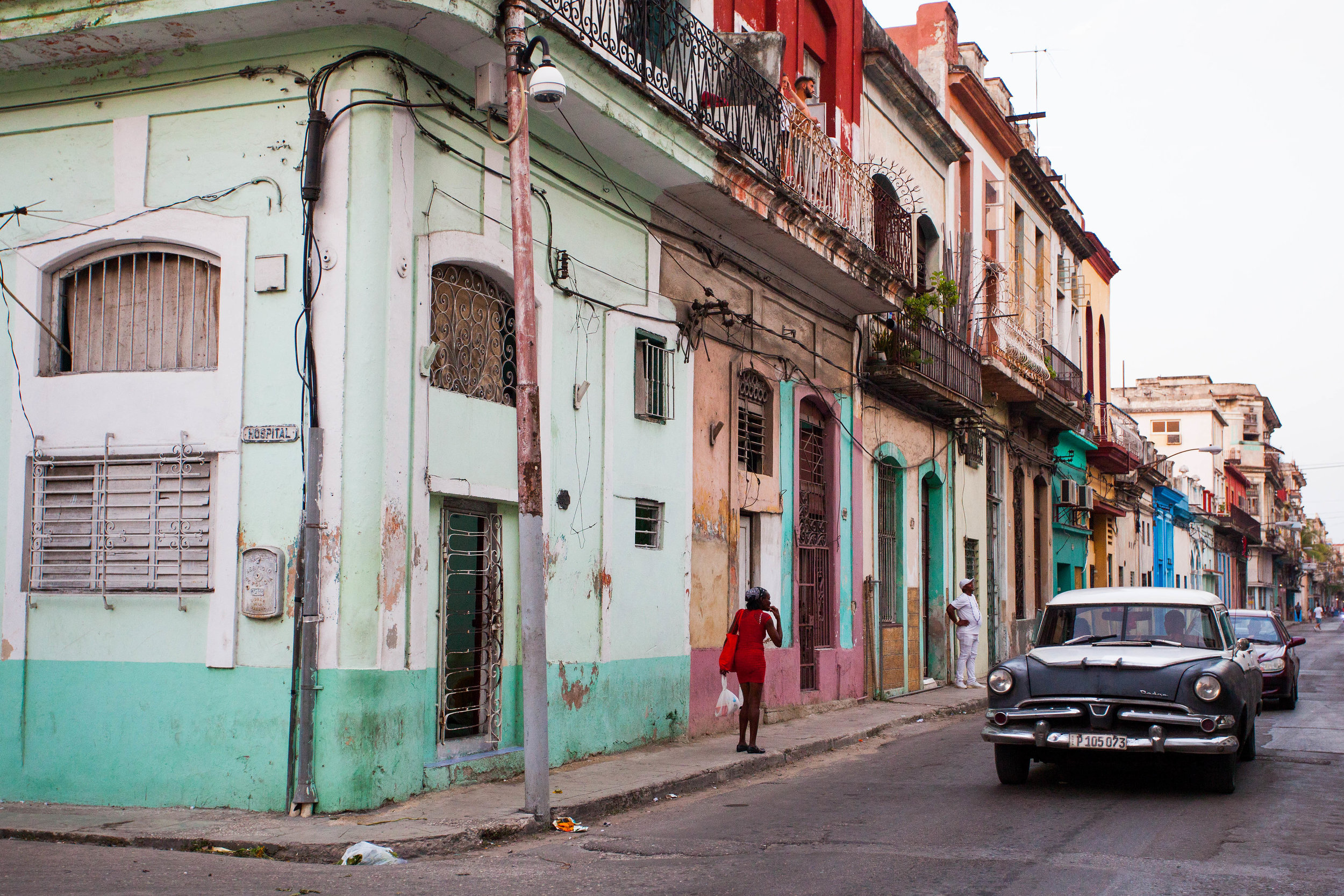In short, the answer is yes.
Recently, under President Trump's administration, the Department of State released a warning to U.S. citizens urging them not to travel to Cuba. They also announced halting visa applications for Cubans wanting to visit the United States. This was in response to news that employees from the U.S. Embassy in Havana had become ill after alleged sonic attacks.
Individuals working in the U.S. Embassy in Havana reportedly experienced symptoms such as hearing loss, dizziness, headaches, fatigue and difficulty sleeping. They were initially attributing all of this to recent so-called "sonic attacks", but scientists in a New York Times article say that this is highly unlikely.
The tumultuous political past between the two nations makes the travel process appear more daunting than it actually is. Diplomatic relations between the U.S. and Cuba were severed in 1961 during the Cold War. In 2015, former President Barack Obama and Raul Castro took steps to normalize bilateral relations. Barack Obama eased travel restrictions and U.S. citizens were given legal permission to travel to Cuba under one of 12 categories. Despite the Trump Administration's new regulations (which went into effect on November 9, 2017), our trips will not be impacted and you will be able to obtain the 'educational visa' to travel to Cuba.
On a guided walk around Old Havana with local architects. Photo by Amanda Bjorn
I've received many messages and emails from people concerned about how safe it is to travel to Cuba. The day the State Department announced the travel warning to Cuba coincided with the arrival of a group I was to lead around Havana for 5 days.
The entire weekend I spent with the group, I didn't get the feeling that any of them felt unsafe or nervous in any way, even as we were all hearing the news regarding officials being pulled out of Cuba.
On our way to Salsa lessons in Centro Havana. Photo by Amanda Bjorn
Cuban salsa lessons in session. Photo by Amanda Bjorn
One of the travelers on that trip, Ashley S., shared her experience after returning home to the States. "If you're worried, please don't be. I felt incredibly safe. The Cuban people were gracious and sweet. I've been to 52 countries and was not in the slightest worried at any point during this trip," she said.
Despite the fact that many prestigious publications reported on the story (with journalists just accepting the situation at face value without conducting further research or investigation), the concern is understandable. But here are the facts: The Cuban government has repeatedly denied any involvement with this situation and Cuba's current president, Raul Castro, welcomed the FBI into Cuba to investigate the issue. It is extremely rare for a communist-socialist government to have anyone come investigate anything. This means that even the Cuban people are just as confused and baffled by all this as everyone else.
Street musician in Havana, Cuba. Photo by Amanda Bjorn
It would not be in Cuba's best interests to cause any harm to any U.S. citizen. On the contrary, they are extremely protective of tourists and take security measures to ensure everyone's safety. Tourism is a vital part of the economy and it is highly improbable the government would do anything to jeopardize that.
With all of this said, Fisheye Journeys trips to Cuba are still scheduled as planned and will hopefully stay that way. The U.S. embassy is still open with minimal staffing and will be providing emergency services to U.S. citizens. The embassy phone number is +53 7 839-4100 and the Department of State's phone number is 202-501-4444.
World Nomads* is still providing travel insurance coverage to Cuba.
Brands such as Royal Caribbean Cruises, Norwegian Cruise Line, American Airlines, Airbnb, and others will continue business in Cuba, as usual.
The island-country needs tourism now more than ever, especially following the devastation of Hurricane Irma. Don't let this recent "news" deter you from your travels. I look forward to exploring all the beauty and wonder Cuba has to offer with you in the near future.
Nos vemos en Cuba!
Rocio Yepez
*We’re proud affiliates of these companies. If you use our links, we may earn a small commission.
Questions about travel to Cuba? Ask in the comments below!
Author: Rocio Yepez
Founder of Fisheye Journeys
Photo by Amanda Bjorn
It's not always easy to track down Rocio. She's always been a free spirit, but since her epic solo backpacking trip, she's been consuming life in rather large quantities! Four months of travel adventure in southeast Asia will do that to a person!
By trade, she's a lifestyle, portrait, and travel photographer. Fascinated by the give and take between people, she aims to capture that magic instant BETWEEN moments - the "passing" moments, where little is offered, but so much is revealed.
When she's not capturing life on film, she may be in acting class, at the bookstore, or engaged in a class to learn something completely new. She has a bachelor's degree in psychology and a strong mind to earn tenure as a permanent student at community college. If you see her flat-footed, be sure to snap a picture, that's about as rare as seeing her in a bad mood. She's constantly moving, exploring, discovering, and growing.







